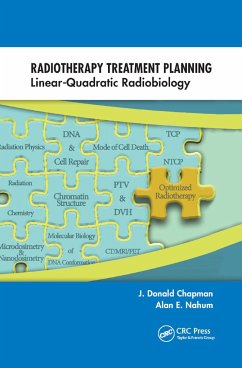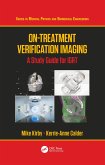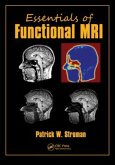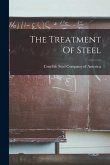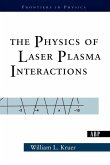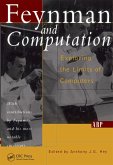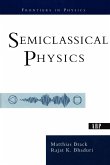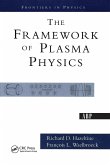Understand Quantitative Radiobiology from a Radiation Biophysics Perspective In the field of radiobiology, the linear-quadratic (LQ) equation has become the standard for defining radiation-induced cell killing. Radiotherapy Treatment Planning: Linear-Quadratic Radiobiology describes tumor cell inactivation from a radiation physics perspective and offers appropriate LQ parameters for modeling tumor and normal tissue responses. Explore the Latest Cell Killing Numbers for Defining Iso-Effective Cancer Treatments The book compiles radiation mechanism information from biophysical publications of the past 50 years, addressing how ionizing radiation produces the killing of stem cells in human tumors. It presents several physical and chemical parameters that can modulate the radiation response of clonogenic cells in tumors. The authors describe the use of the LQ model in basic radiation mechanism studies with cells of relatively homogeneous radiation response and then extend the model to the fitting of survival data generated with heterogeneous cell populations (tumors). They briefly discuss how to use the LQ model for predicting tumor (local) control probability (TCP) and normal tissue complication probability (NTCP). The book also examines potential molecular targets related to alpha- and beta-inactivation and gives suggestions for further molecular characterizations of these two independent processes. Develop Efficacious, Patient-Friendly Treatments at Reduced Costs Focusing on quantitative radiobiology in LQ formulation, this book assists medical physicists and radiation oncologists in identifying improved cancer treatments. It also encourages investigators to translate potentially improved radiotherapy schedules based on TCP and NTCP modeling into actual patient benefit.
Hinweis: Dieser Artikel kann nur an eine deutsche Lieferadresse ausgeliefert werden.
Hinweis: Dieser Artikel kann nur an eine deutsche Lieferadresse ausgeliefert werden.

